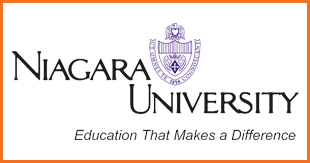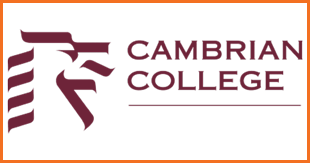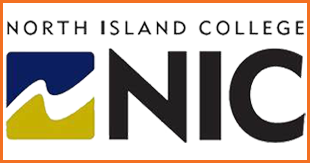
USA
Why to choose USA as your destination
The United States of America, located in North America, is a country of profound historical significance and global influence. With its diverse landscapes encompassing mountains, plains, and coastlines, the nation's history is marked by the American Revolution, which led to the establishment of a democratic republic governed by a Constitution penned by the Founding Fathers. Operating as a federal constitutional republic, its political system is defined by a two-party structure, the Democrats and Republicans. Boasting a powerful and advanced economy across various industries such as technology, finance, and entertainment, the USA's cultural tapestry is a fusion of global influences showcased in its cuisine, art, music, and films. Notable landmarks like the Statue of Liberty and the Grand Canyon, along with its contributions to science, technology, and space exploration, highlight its exceptional innovation. While grappling with challenges like political polarization and social inequality, the USA remains a key player on the world stage, shaping global politics, economics, and culture through institutions such as the United Nations and its undeniable cultural impact.
Capital–Washington, D.C.
Number of universities- 3,216
Official Languages: None at the federal level
Currency USD $
Why to choose USA
Our partner Institutions


















